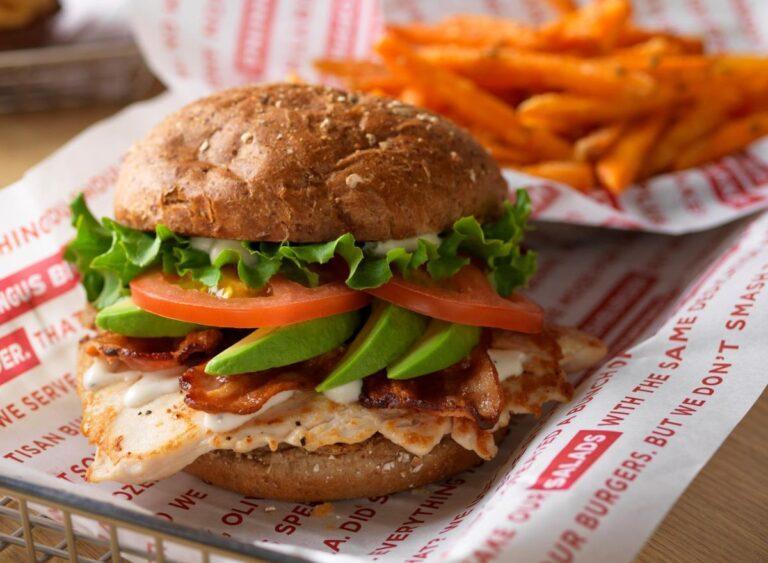Is ‘Food Noise’ Making You Gain Weight? Here’s How to Silence It There can be many distractions when you are trying to maintain a healthy diet, making it challenging to stay on course. One of the biggest hurdles may be something called “food noise.” Yes, you heard that right. We’re here today to discuss whether food noise is making you gain weight, and if so, how to silence it. Keep reading to learn more, and when you’re finished, be sure to check out Here’s How Much Water You Should Drink Every Day To Lose Weight. What is food noise? Eat This, Not That! spoke with Amy Shapiro, MS, RD, CDN —the founder and director of Real Nutrition, a New York City-based private practice dedicated to healthfully and successfully guiding clients to their optimal nutrition, weight, and overall wellness, who explains exactly what food noise is. Plain and simple, food noise consists of “constant, intrusive thoughts about food that are disruptive to daily life and make healthful behavior very difficult.” It is a common type of mind chatter, so to speak, for many individuals, and can be a real hindrance to your waistline. Shapiro tells us, “[Food noise] can involve regularly fighting the urge/desire to eat even when you’re not hungry,” and that it’s an actual biological matter that many people—most particularly obese or overweight individuals—encounter. How does food noise lead to weight gain? Food noise can cause weight gain because it can lead to overeating when you’re not even hungry. It can actually be “so intense and intrusive” that it negatively affects your food choices. “Due to the stress that food noise causes, [you] may feel a desire to reach for unhealthy, processed food choices as ‘comfort,'” Shapiro explains. “It interferes with one’s ability to follow nutrition and/or exercise plans.” How can you turn down—or turn off—the volume? There are some steps you can take to turn down the volume, so to speak, on food noise. Shapiro suggests, “Work with a health and wellness expert, preferably both a registered dietitian and a therapist to come up with attainable behavior changes. [You can also] practice mindfulness; figure out what your triggers are that may cause the food noise.” In addition, seek out other useful methods that help you decrease stress or any negative thoughts you may have, such as deep breathing exercises, meditation, participating in joyful activities, or even turning on calming music. Taking a brisk walk is always an excellent idea to clear and refresh your mind. Shapiro also suggests self-talking as another positive step. “Recognize when you start to experience food noise and try to reframe the intrusive thoughts to be more positive—professional help may be necessary here.” Some individuals may find that consuming smaller meals more frequently to curb feelings of hunger and food noise is a useful practice. And lastly, switching up your surroundings can be helpful as well. Shapiro tells us, “Change any environmental cues such as putting triggering foods in a cabinet or on a higher shelf and put the healthful choices closer in reach.”
This content was originally published here.



















